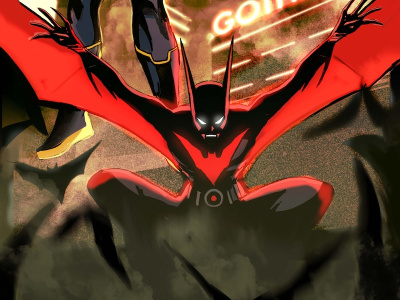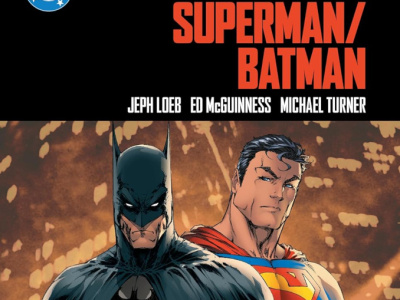Media giant AOL/Time Warner took a $35 billion writedown for the value of its AOL division and added another $10 billion charge against its cable division for a total fourth quarter writedown of some $45 billion. The result of the charges against the value of its assets was a loss of around $100 billion for 2002, the largest full-year loss in U.S. corporate history. The new charges and the $54 billion writedown taken in the first quarter of 2002 all relate primarily to the bloated value of AOL at the time of its merger with Time Warner.
In the midst of all the red ink and the recent executive turmoil, which has seen Stephen Case leave his post as the company's chairman and his replacement by Richard D. Parsons, comes word that Ted Turner will be stepping down as the company's vice-chairman. Turner, the media visionary who is as responsible as anyone for the growth of cable television programming (CNN, The Cartoon Network, Turner Movie Classics), reportedly resigned because he felt as 'powerless as the Emperor of Japan' in his figurehead position.
While the writedowns, which are required by complex changes in accounting regulations, make for some sensational news coverage, AOL/Time Warner's fourth quarter performance in 2002 actually beat analyst's expectations with revenue growth of 8% to $11.4 billion. The company's film division showed a 13% growth in revenue, while the cable division's cash flow went up 12 %. Parsons predicted that revenue growth for 2003 will be in the mid-single figures as the company 'resets' for future growth.
One major problem is the company's huge $26.5 billion debt. CEO Richard Parsons has vowed to cut that debt by some $2 billion in 2003, which could mean that the some divisions will be sold to raise cash (see 'AOL Shopping Book Publisher').
Among AOL/Time Warner's divisions is the comparatively tiny DC Comics, one of the largest U.S. comic publishers. When we talked to CEO Paul Levitz last summer, he told us that the changes overhead, for the most part, don't affect the ongoing operations at the divison (see 'Interview with Paul Levitz').







